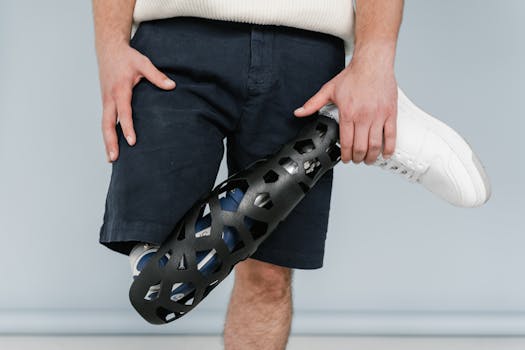
Introduction to Medical Technology

Medical technology has transformed the landscape of healthcare over the centuries. From the earliest surgical tools to today’s sophisticated devices, the evolution of technology in medicine has been marked by significant innovations that have improved patient outcomes and revolutionized treatment methodologies.
The Past: Milestones in Medical Technology

The journey of medical technology began in ancient civilizations where rudimentary tools were used for surgical procedures. The invention of the stethoscope in 1816 by René Laennec marked a pivotal moment, allowing physicians to diagnose conditions by listening to the body’s sounds. The development of anesthesia in the mid-19th century was another groundbreaking advancement, enabling painless surgeries and drastically improving patient care.
The Present: Current Innovations

Today, medical technology encompasses a wide array of devices and procedures. Telemedicine has gained prominence, particularly following the COVID-19 pandemic, allowing healthcare providers to consult with patients remotely. Wearable health technologies, such as smartwatches and fitness trackers, enable individuals to monitor their health metrics in real-time, promoting proactive healthcare management. Additionally, advancements in imaging technologies, like MRI and CT scans, provide detailed insights into the human body, facilitating accurate diagnosis and treatment planning.
The Future: Trends to Watch

The future of medical technology promises even more exciting innovations. Artificial intelligence (AI) is set to play a significant role in diagnostics and personalized medicine, analyzing vast amounts of data to identify patterns and recommend treatments tailored to individual patients. Robotics in surgery is also on the rise, offering precision and minimizing recovery times. Furthermore, developments in biotechnology, such as CRISPR gene editing, hold the potential to revolutionize the treatment of genetic disorders and various diseases.
Conclusion

As we reflect on the past and present of medical technology, it is clear that these innovations have significantly impacted healthcare. Looking ahead, the possibilities are limitless, with advancements that promise to enhance patient care and improve health outcomes globally.






